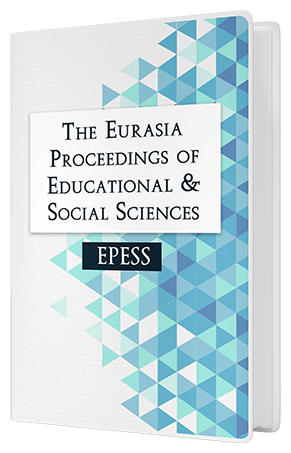Investigating Factors that Affect the Acquisition of Financial Competences
DOI:
https://doi.org/10.55549/epess.1179701Keywords:
Financial culture, Education, Competence, Financial literacyAbstract
The study and analysis of financial literacy has been the subject of numerous studies and research, either in Hungary or in an international context. The knowledge acquired in the educational system plays a key role in the formation of our financial culture. The pandemic has further intensified the reconsideration of traditional offline ways of acquiring knowledge and we have learned to use online educational platforms at lightning speed. Our current research was conducted during the pandemic and aims to assess the methodological transformation in terms of financial literacy. The way financial literacy is acquired, the method how it is delivered, the educational tools and forms utilised are perceived differently by educators and differently by students. It has always been a timely question whether the instructor's perspective and approach successfully meet the expectations of the audience. We consider it very important not only to be able to innovate the content of the curriculum, but also to bring it closer to expectations regarding the teaching methods, particularly in the field of finance. The pandemic situation has clearly highlighted the important fact that traditional face-to-face teaching can indeed innovate and offer solutions that do not necessarily require face-to-face presence. We have also seen that the lack of face-to- face presence has a negative impact on the development of human relationships and that, particularly in adult education, a form of education that does not require face-to-face presence can be more successful.Downloads
Published
Issue
Section
License
Copyright (c) 2022 The Eurasia Proceedings of Educational and Social Sciences

This work is licensed under a Creative Commons Attribution-NonCommercial-ShareAlike 4.0 International License.
The articles may be used for research, teaching, and private study purposes. Any substantial or systematic reproduction, redistribution, reselling, loan, sub-licensing, systematic supply, or distribution in any form to anyone is expressly forbidden. Authors alone are responsible for the contents of their articles. The journal owns the copyright of the articles. The publisher shall not be liable for any loss, actions, claims, proceedings, demand, or costs or damages whatsoever or howsoever caused arising directly or indirectly in connection with or arising out of the use of the research material. All authors are requested to disclose any actual or potential conflict of interest including any financial, personal or other relationships with other people or organizations regarding the submitted work.




